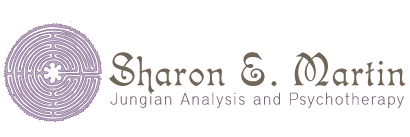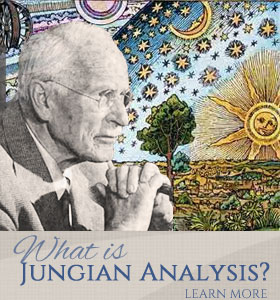FAQs
Does Jungian Analysis/Psychotherapy Work?
In response to this question, a study specifically designed to test the question of the effectiveness of Jungian Analysis was conducted in Switzerland. This naturalistic, prospective process-outcome-study was carried out in international cooperation with researchers in Heidelberg, Berlin and Zurich. It was conducted between 1997 and 2003. The conclusion of this study was: “Jungian psychotherapy is effective in the treatment of patients with a large range of disturbances and different degrees of suffering. The methods, the setting (e.g. frequency) and duration of therapy can be adapted to the needs of the patients and thus are variable. – The average number of hours of treatment is 100 for women and 74 for men.
More information can be found here: Naturalistic Study of Long-Term Analytical Psychotherapies (PAL) and on the C.G. Jung Zurich Institute Website at www.jung.edu.
You can also go to the American Psychological Association help center at www.apahelpcenter.org. Go to the “search” box and type in “Does therapy work?” and you will pull up numerous citations for research about the efficacy of therapy and the mechanisms involved in producing change through the process.
What if I don’t remember my dreams or I don’t want to work with them?
How often do we meet?
How long does it take?
Others remain in analysis for a number of years, utilizing it as a safe container to explore and learn about themselves and the deeper meaning and purpose of their lives. In this context, analysis is a spiritual journey, a space for the symbolic content of the unconscious to emerge as clients touch the deeper archetypal level of reality, meaning and wisdom. This often happens after several years of analysis.
It is important to consider that the amount of time in analysis and the benefits derived from it are directly related to the commitment and the energy that someone is willing to put into to it.





